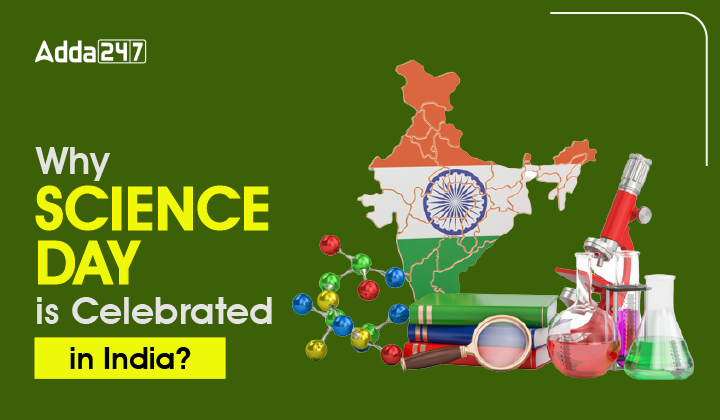National Science Day is celebrated in India to commemorate the great and impactful contribution of C V Raman in the field of science and research. National Science Day is celebrated on 28th February every year. On 28th February 1928, Sir C V Raman published an article reporting his discovery of the “Raman Effect”.
In 1986, the National Council for Science and Technology Communication (NCSTC) proposed to the Indian Government to designate the 28th of February as National Science Day. The Government of India approved the proposal and since 198 7 the National Science Day is celebrated on 28th February every year.
In 1987, during the celebration of the National Science Popularization Prizes was established by the National Council for Science and Technology Communication (NCSTC). The National Science Popularization Prize was established to appreciate and honour the achievements and accomplishments in the field of science and technology.
C V Raman’s contribution to the field of Physics, especially in the field of Scattered Light is significant and extensive. C V Raman along with his student K. S. Krishnan developed the spectrograph an instrument used to measure and study the properties of light over a specific portion of the electromagnetic spectrum.
C V Raman discovered the phenomenon of changes in the wavelengths and frequency of light when it is traversed through a transparent material. This phenomenon was called the scattering of light and later it came to know as the “Raman Effect”. C V Raman was honoured with Nobel Prize in Physics in the year 1930 for his remarkable discovery of the “ Raman Effect”.
The theme of National Science day 2023 is “Global Science for Global Wellbeing”. The main aim of celebrating National Science Day is to acknowledge and appreciate developments achieved in the field of science and technology.



 EMRS Admit Card 2025 Out (Non Teaching),...
EMRS Admit Card 2025 Out (Non Teaching),...
 MAHA TET Answer Key 2025 Out, Download P...
MAHA TET Answer Key 2025 Out, Download P...
 CSIR NET Life Science Salary, What to Ex...
CSIR NET Life Science Salary, What to Ex...












